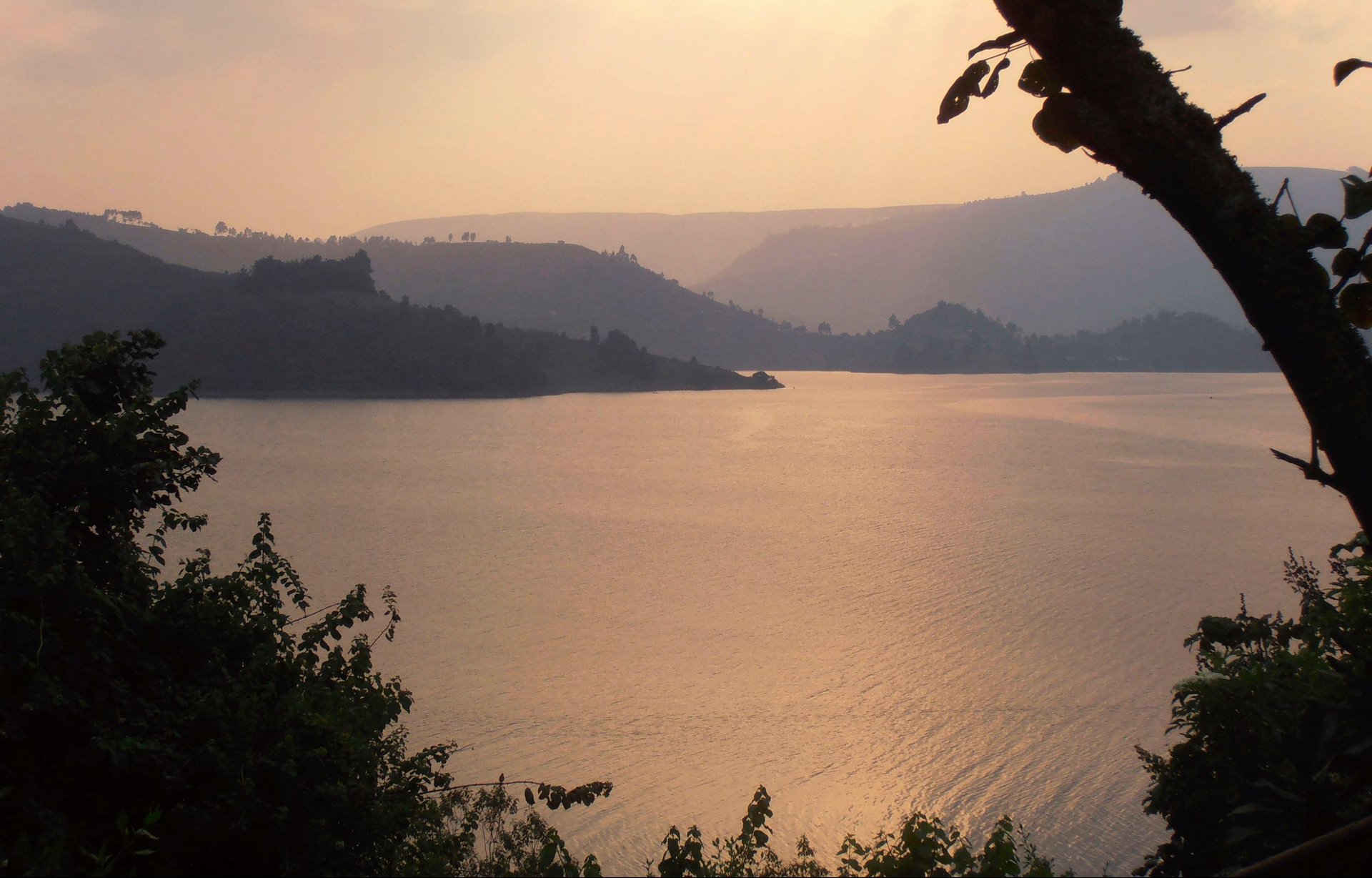A Ugandan government plan to add “women’s curves” as a tourism attraction is demeaning
At the tail end of 2018, Miss Uganda, Quiin Abenakyo was crowned Miss World Africa at the Miss World 2018 finals in China. When Abenakyo returned home, she was hosted by the president and parliament of Uganda before being courted to be ‘tourism ambassador’ under the Tulambule campaign (let’s tour) aimed at showcasing Uganda’s beauty and culture. Abenakyo later opted out of this arrangement.


At the tail end of 2018, Miss Uganda, Quiin Abenakyo was crowned Miss World Africa at the Miss World 2018 finals in China. When Abenakyo returned home, she was hosted by the president and parliament of Uganda before being courted to be ‘tourism ambassador’ under the Tulambule campaign (let’s tour) aimed at showcasing Uganda’s beauty and culture. Abenakyo later opted out of this arrangement.
But the idea of using beauty queens for tourism didn’t die, Uganda’s tourism minister teamed up with local organizers to bring a Ms Curvy beauty pageant.
Unveiling the new ”Miss Curvy Uganda” campaign this week, the tourism minister Godfrey Kiwanda said, “We have naturally endowed nice looking women that are amazing to look at. Why don’t we use these people as a strategy to promote our tourism industry?” He went ahead to point at the few women that had attended the event as “a sample”.
The event organizer Ann Mungoma said it’s about diversity in beauty. “Miss Curvy is an event that will bring out the endowment of the real African woman. It is an exceptional event that will see young ladies showcase their beautiful curves and intellect,” she said.
The minister’s remarks and the idea of women being products along with the many other natural tourism attractions of Uganda has enlisted mostly fury and brought together, in a rare occurrence, the church and women’s rights activists on issues of bodily autonomy and objectification of women. The campaign received a lot of backlash from women’s rights advocates with the Uganda Women Parliamentary Association-UWOPA calling on the minister to apologize. “Women are not a tourist attraction. They are not an object for pleasure. They are not a money minting project,” said MP Winnie Kizza.
The response also came from an umbrella organizaton of women’s rights advocates in Uganda. ”Using a woman to market a product and using women as a product are two totally different things. The idea of promoting women as tourist attractions is more of the later.” Rita Achiro from Uganda Women’s Network told journalists. An online petition by one campaigner, Primrose Murungi has already garnered more than 2000 signatures calling on the minister to cancel the contest.
The archbishop of the Church of Uganda, Stanley Ntagali in a statement posted on Facebook condemned the initiative saying “contest undermines the dignity of women.”
Objectification
Tourism continues to be one of the top foreign exchange earners for Uganda with the country earning $1.4 billion from the sector last year. Uganda is certainly not short of tourism attraction sites. Those against this particular use of the beauty pageant for the foreign gaze aren’t necessarily against curves and diverse beauty. The question remains is the chase for forex worth the dignity of a people?
Sexualization of women’s bodies and beauty pageants is a long-running battle but when married with tourism, an industry that rarely benefits those at the periphery in developing countries like Uganda, the result is not hard to predict. Sexual exploitation of women in the tourism sector and other sectors that attract foreign capital is real in Uganda. The lack of protection for women’s rights includes controversies surrounding Chinese contractors and the sexual exploitation of women. The commodifying of women’s bodies to be deployed at the heart of a state campaign to boost revenue is even more perverse when viewed against a background of the criminalization of sex work and the refusal to protect women.
This is the same government which tabled a bill in parliament targeting women for dressing in a way that reveals their chest and knees. The rejection of this campaign is a positive step towards recognizing women’s agency and dignity. Uganda cannot be be equated to a human zoo and we cannot pretend the government intention was to address body shaming that curvy women deal with daily both online and in real life.
The minister serves a government that is currently grappling with a public debt that rose by 22%, to 41.51 trillion Ugandan shillings ($ 11.3 billion) in the year to June 30, 2018. While nature-based tourism continues to contribute a lot to the national treasury, it can only be sustainable as a key component of economic development if it preserves human dignity.
Unfortunately benefits rarely trick down to the communities where these tourism/conservation sites are located. The communities remain some of the poorest in the country. Given this reality, the designation of women’s bodies as tourism sites is not only an assault on the women as as a site for entertainment but few would genuinely benefit from such shows.
Sign up to the Quartz Africa Weekly Brief here for news and analysis on African business, tech and innovation in your inbox